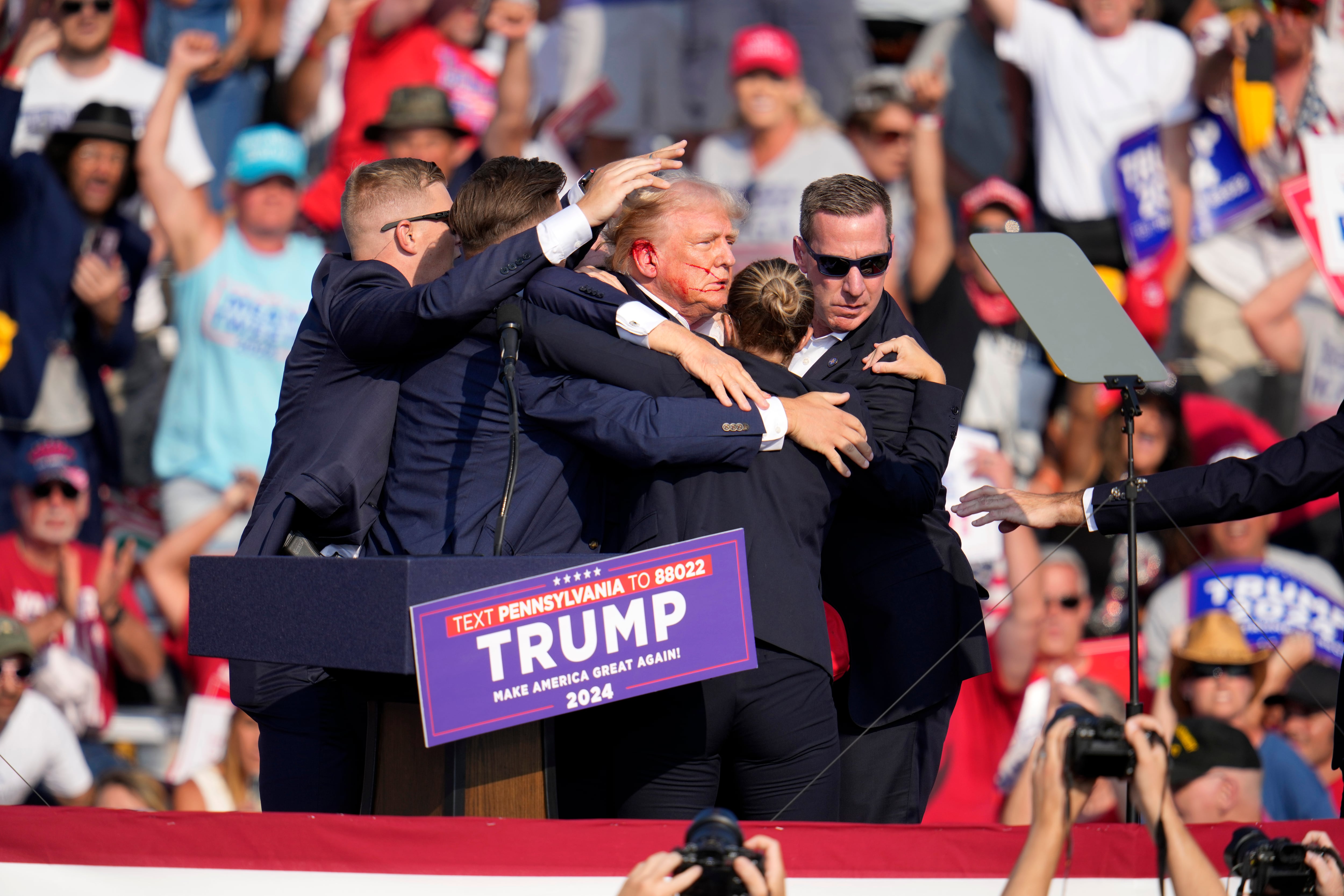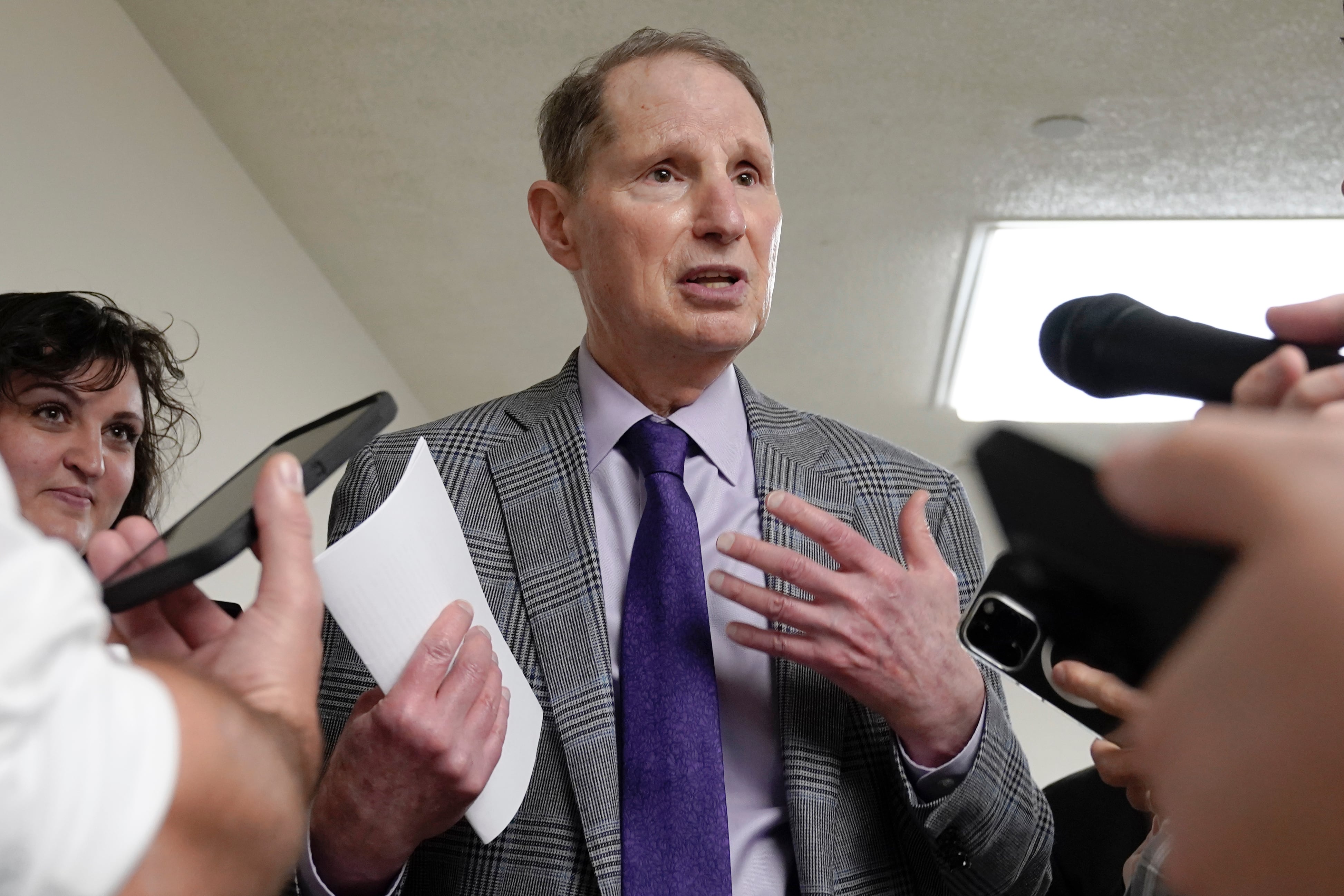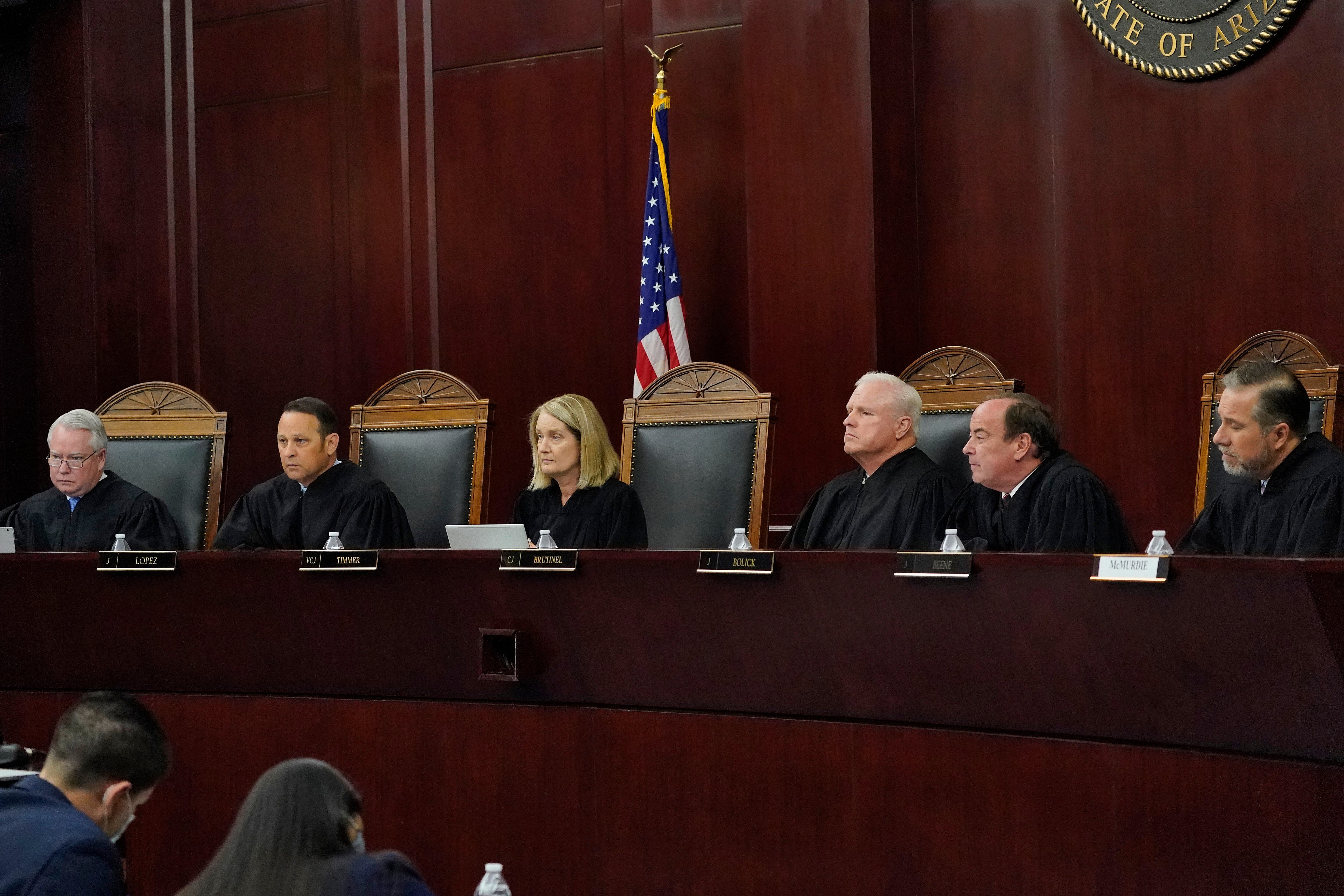The Trump administration will continue its efforts to include a citizenship question on the 2020 census, Justice Department lawyers said Friday. The government told a federal judge in Maryland that it will pursue further litigation but did not provide details on its rationale or legal strategy.
The move follows a head-spinning week of reversals from the government on whether or not to include the controversial question, which critics say will suppress responses in a manner that would hurt minority representation.
Just last week, the Supreme Court ruled that the government's rationale for adding a citizenship question in the census was contrived and rejected its inclusion — unless the Trump administration could offer an alternative and sufficient reasoning.
“The reasoned explanation requirement of administrative law, after all, is meant to ensure that agencies offer genuine justifications for important decisions, reasons that can be scrutinized by courts and the interested public. Accepting contrived reasons would defeat the purpose of the enterprise,” Chief Justice John Roberts wrote in the court's majority opinion.
The government appeared to accept the decision and ordered the Census Bureau to begin printing the 2020 census without the controversial question: "Is this person a citizen of the United States?"
Yet on Wednesday, President Trump said on Twitter that the census was “absolutely moving forward” with the citizenship question. The tweet sent Justice Department lawyers scrambling to Maryland Judge George J. Hazel to explain the reversal.
“I don't know how many federal judges have Twitter accounts, but I happen to be one of them, and I follow the President,” Judge Hazel said during a last-minute hearing by phone on Wednesday. “So I saw a tweet that directly contradicted the position” of the government following the Supreme Court’s decision.
Hazel gave the government until 2 p.m. on Friday to provide either a stipulation that the citizenship question will not be added in the census or a set plan for continuing litigation for its inclusion.
New York’s Attorney General Letitia James, whose office led the Supreme Court case, said Trump’s tweet was “another attempt to sow chaos and confusion.”
Friday morning, before the Justice Department confirmed its decision to move forward with the case, Trump said his administration was looking at “four or five ways” to make sure the question is included, such as an executive order. “It's one of the ways that we're thinking about doing it very seriously,” Trump told reporters at the White House.
“This administration’s flagrant disregard of court orders is appalling, and will result in the same kind of misinformation that leads our communities to be reluctant to participate in the Census, at a time when the Census Bureau should be actively encouraging everyone’s full participation,” Denise Hulett, national senior counsel at Mexican American Legal Defense and Educational Fund and the lead counsel in the case, said in a statement earlier this week.
The Trump administration first announced that a citizenship question would be included in the census in March 2018. The decision led to an immediate outcry from opponents, who argued that the decision violated the Constitution and was engineered by Republicans to stifle minority populations — which are often centered in urban, Democratic districts — to give more influence to rural areas.
Secretary of Commerce Wilbur Ross told Congress that the question was necessary to protect the Voting Rights Act, an argument that was proven false by several missteps by the administration including the document from a Republican strategist that emerged during court proceedings that said the question should be added to benefit “Republicans and Non-Hispanic Whites.”
The government is Constitutionally mandated to conduct a census every 10 years to provide an accurate count of very person living in the U.S. so legislative representation and federal funds can be allocated properly. The first census was conducted in 1790 when the U.S. population was just 3.4 million people — less than the city of Los Angeles.













